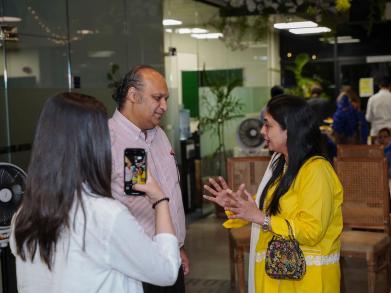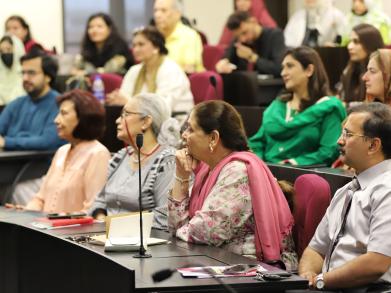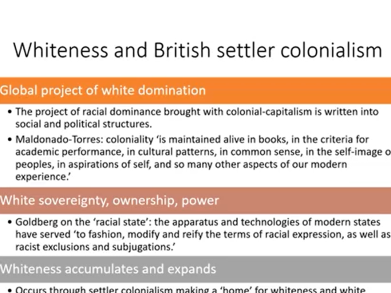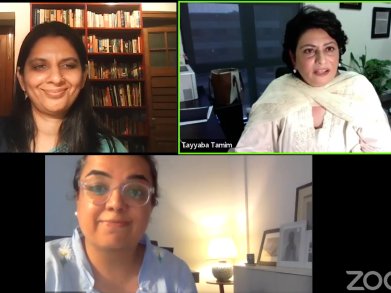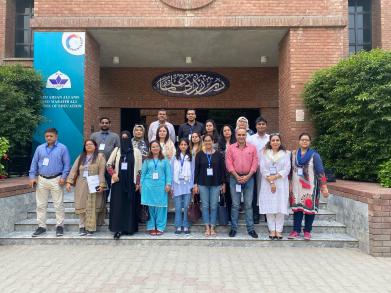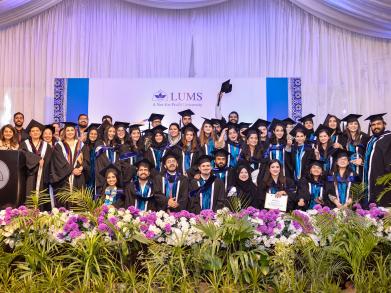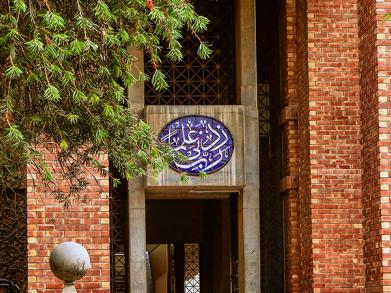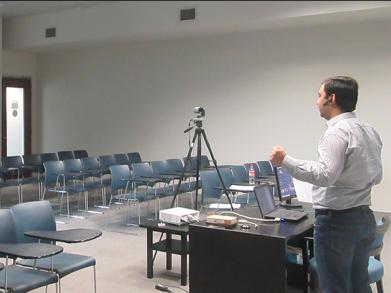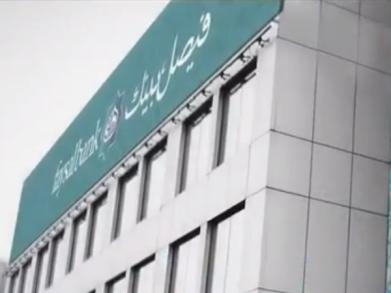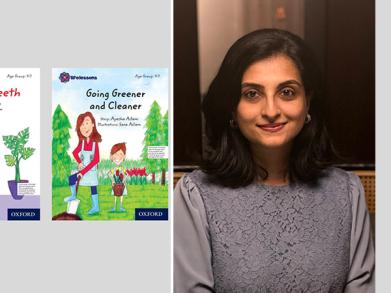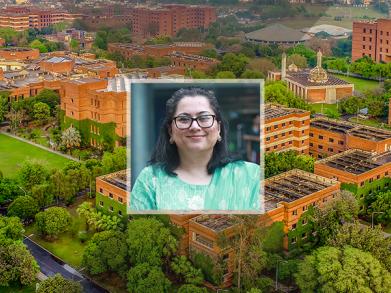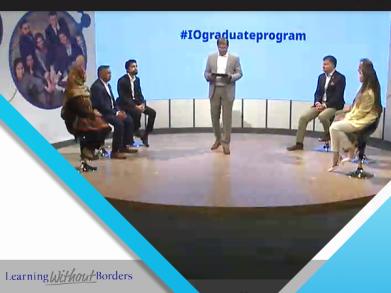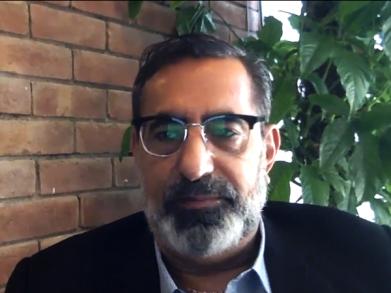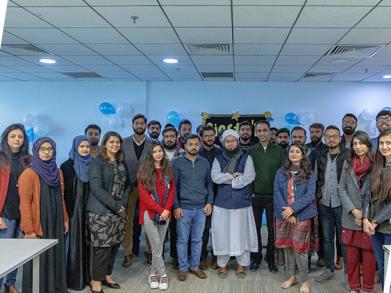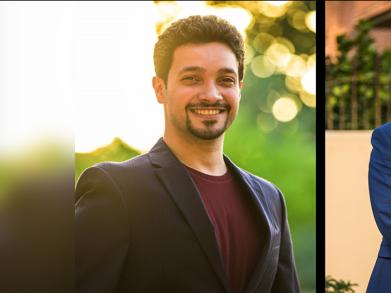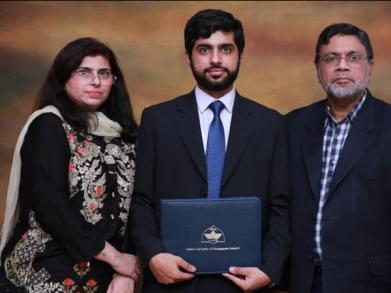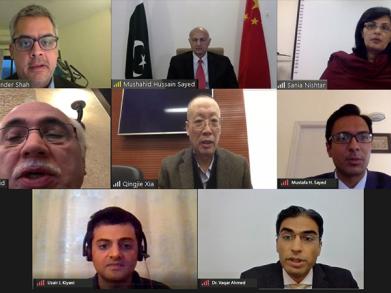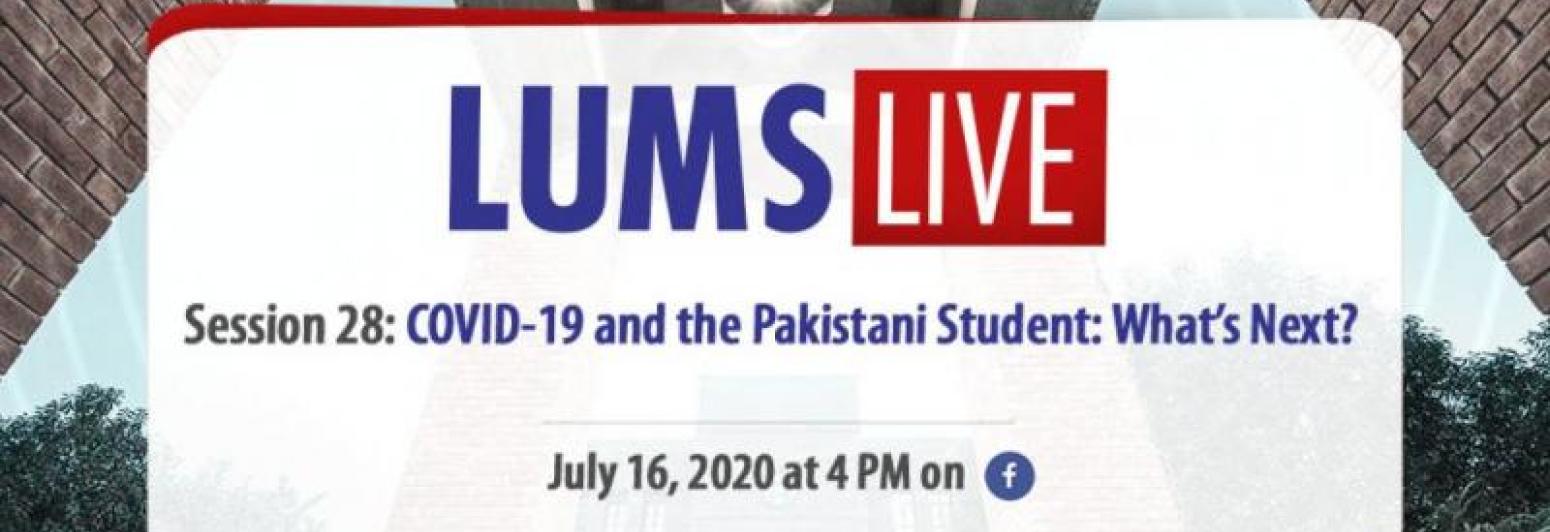
to
The consequences COVID-19 has had on a continuous educational journey for students are not just well known at this point, but also well-experienced by a significant proportion of Pakistani society. Institutional closures across Pakistan have only complicated an already precariously balanced system in which school dropouts hover around 50% at the end of primary school, and universities struggle to establish robust funding models through which to protect research interests.
Amidst the variety of initiatives, and debates colouring the country’s education landscape, important questions about sustainability have started to emerge: once institutions reopen, what’s ‘next’? What have we learned about digital access and educational content from months of containment? How do these insights sit with lessons we may already have gained from other forms of education disruptions and emergencies to suggest directions for setting our students’ educational processes back on track? Thinking further, what can such discussions teach us about more efficient system designs so that we not only prepare for similar disruptions in the future, but also remain attentive to the variety of experiences our students have every day as they attempt to learn.
To explore some of the more specific areas of education planning and delivery that can emerge for Pakistan from such thinking, join us for the twenty-eighth session of LUMS Live: COVID-19 and the Pakistani Student: What’s Next?
Date: Thursday, July 16, 2020
Time: 4:00 pm (PST).
The session will be moderated by Dr. Soufia A Siddiqi, Assistant Professor, School of Education, LUMS, who will host panellists Dr. Tayyaba Tamim, Associate Professor, School of Education, LUMS, and Dr. Rabea Malik, Assistant Professor, School of Education, LUMS.
The session will be broadcast live via the LUMS Facebook page as our panellists discuss curricular pace, remedial practices that schools/the government can think about and how parents are managing or can manage their children’s learning time at home to convert home spaces into productive learning spaces.
During the session, please use the live stream's comments bar to ask questions or email them at ask@lums.edu.pk.
After the session, kindly share your feedback and suggest future topics for discussion/guests here.
Join us for this exciting conversation!
Profiles of Panelists
Dr. Soufia A Siddiqi, Assistant Professor, School of Education, LUMS
As part of the faculty at the School of Education, Dr. Siddiqi specialises in qualitative research methods as well as education policy and curriculum design. On the implementation side, she applies design ethnography, process mapping, and data to understanding what makes policy decisions tick (or not). Previously, Dr. Siddiqi was Technical Advisor to the School Education Department, Punjab and a member of the Punjab Examination Commission, where she led the Technical Committee for the province’s 2019 Assessment Policy Framework.
Dr. Tayyaba Tamim, Associate Professor, School of Education, and Faculty Lead for Pedagogical Partnership Programme at LUMS
Dr. Tamim has her PhD from University of Cambridge as a fully funded RECOUP scholar, and MPhil RSLE (Research in Second Language Education Across Cultures) from Cambridge, UK as a British Council Chevening scholar. In addition, she also has an MA ELT from Kinnaird College for Women University and MA English from the University of Punjab, Pakistan. Dr Tamim has led several funded research projects with national and international partners, including those with USAID, British council and the World Bank. She has also published and presented research papers at a number of national and international forums. Her work covers issues of social justice, equity and inclusivity in education with specific reference to languages in education, language policy, gender and caste.
Dr. Rabea Malik, Assistant Professor, School of Education, LUMS
Dr. Malik is a sociologist of education. She is also a Fellow at the Institute of Development and Economic Alternatives. Her research focuses on inequalities in education, early childhood education, and reforming delivery systems for social services. She has advised various government departments and international organizations on reform initiatives.



